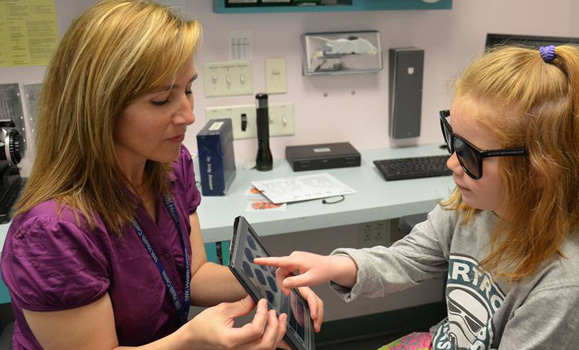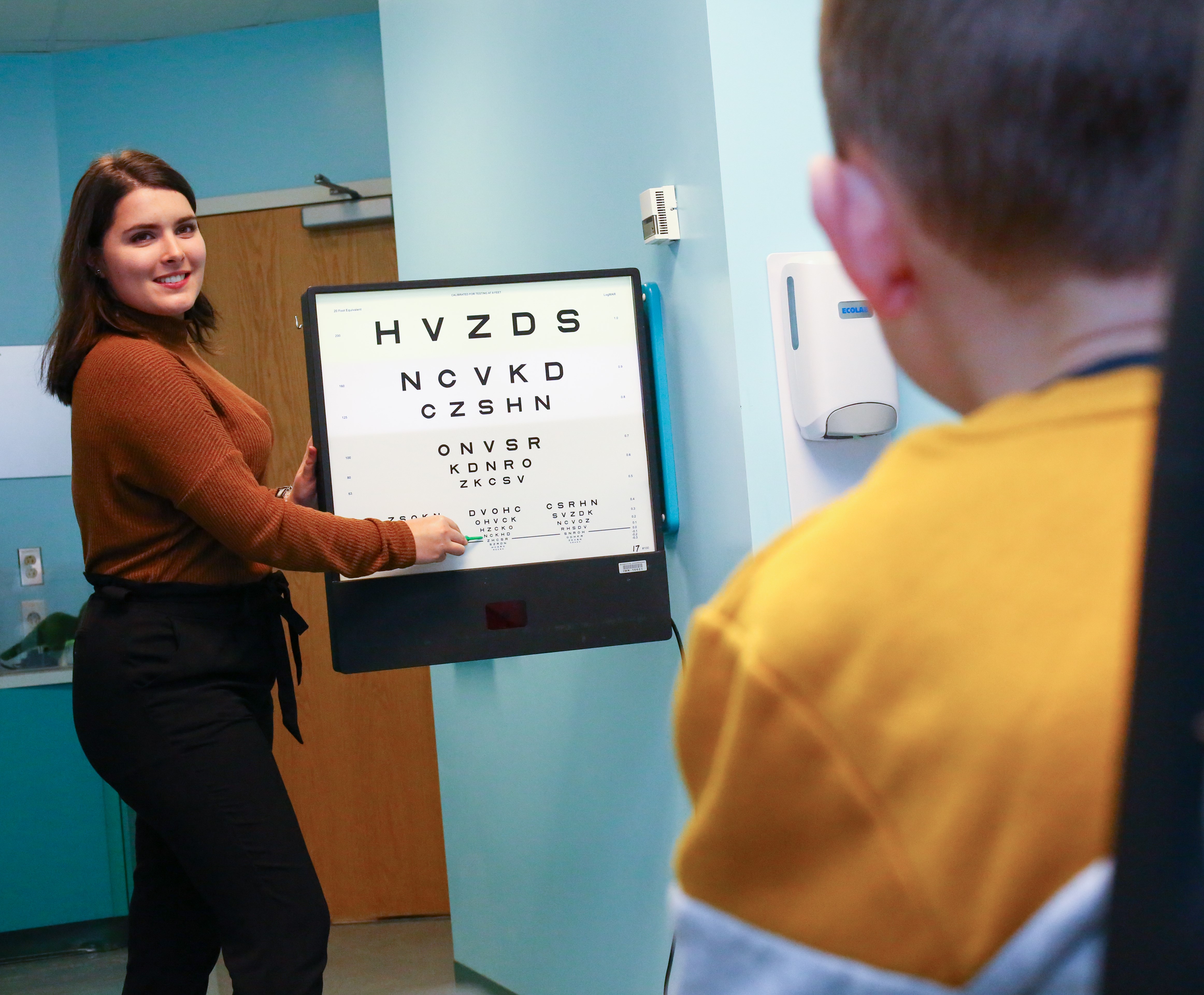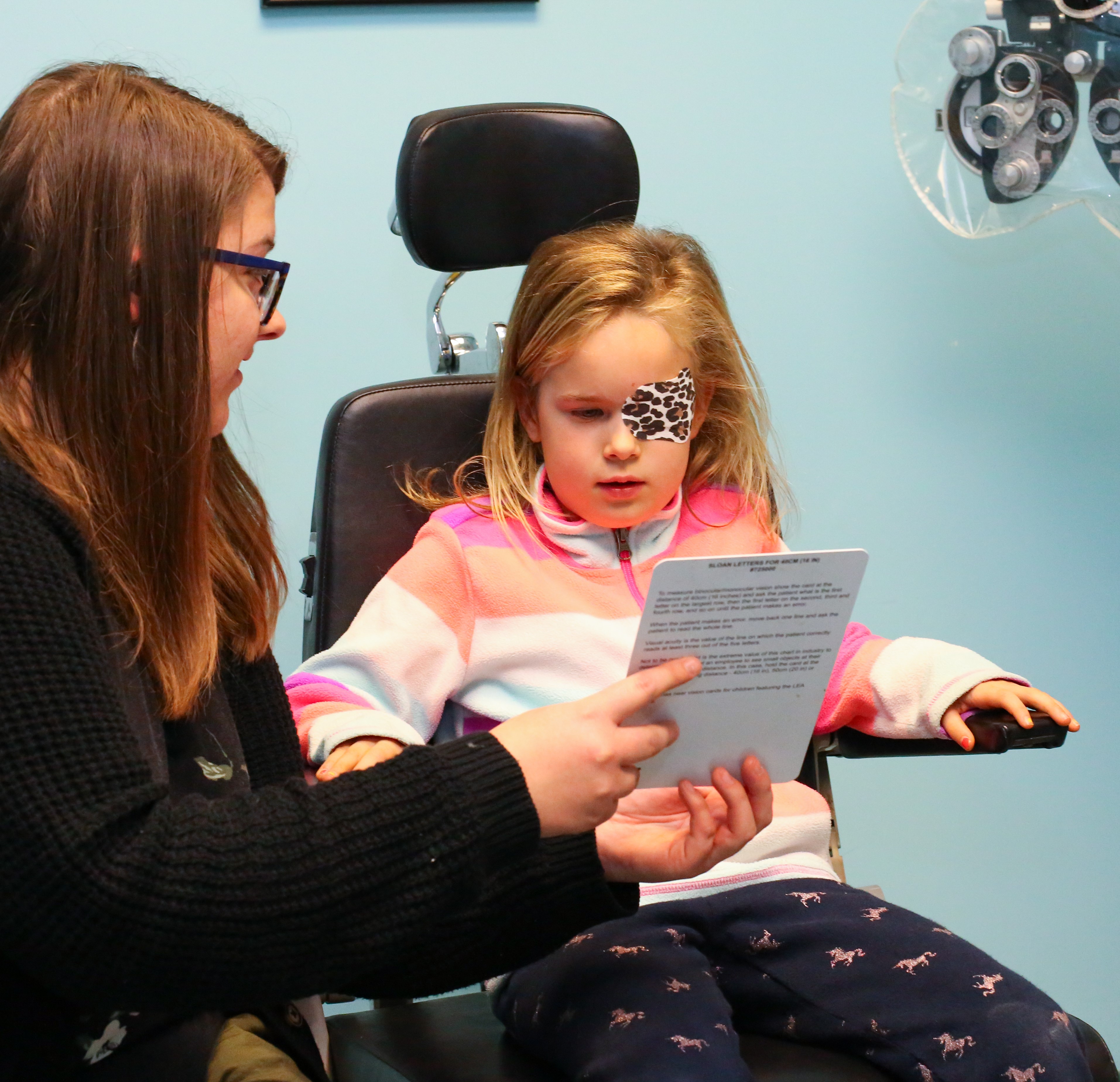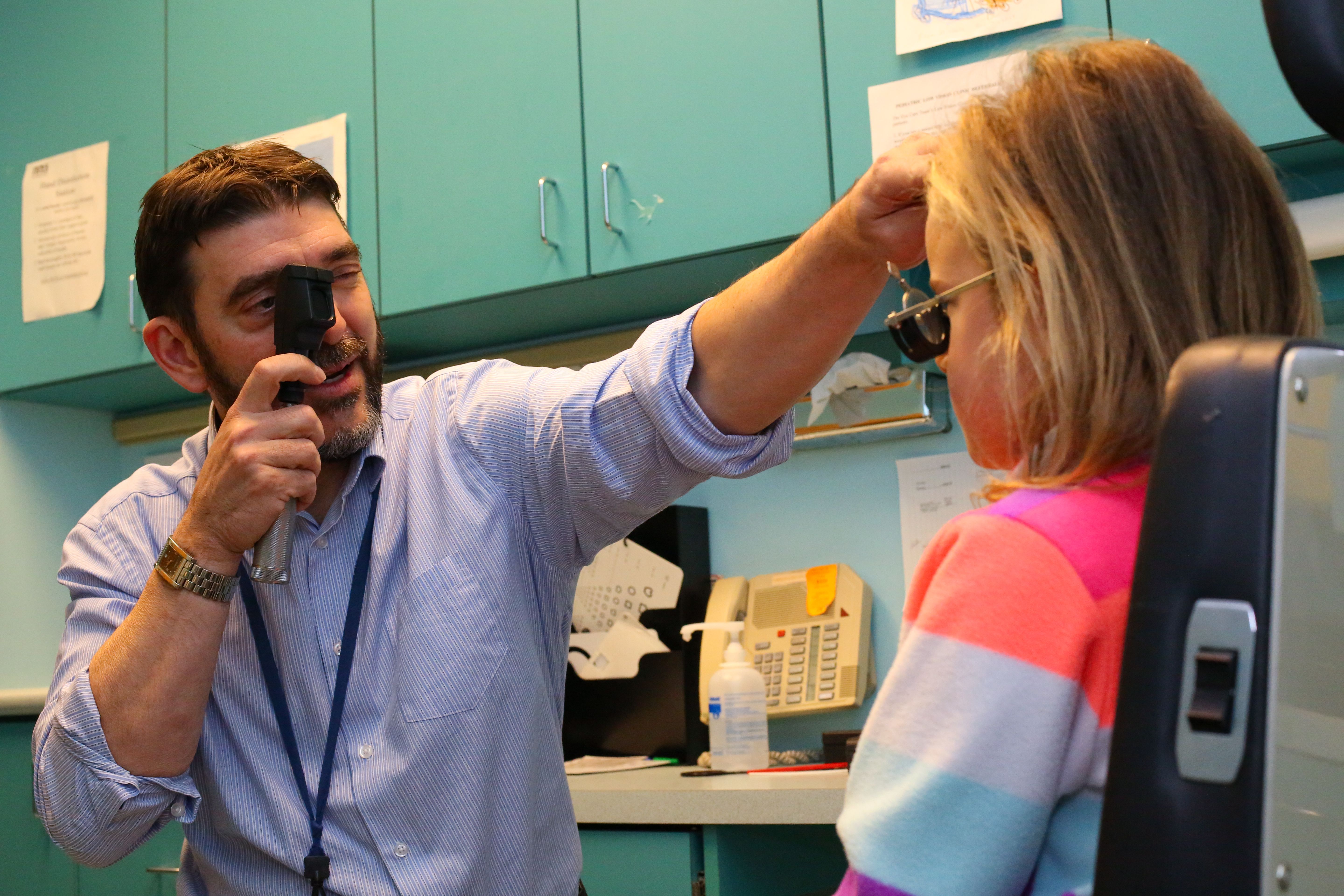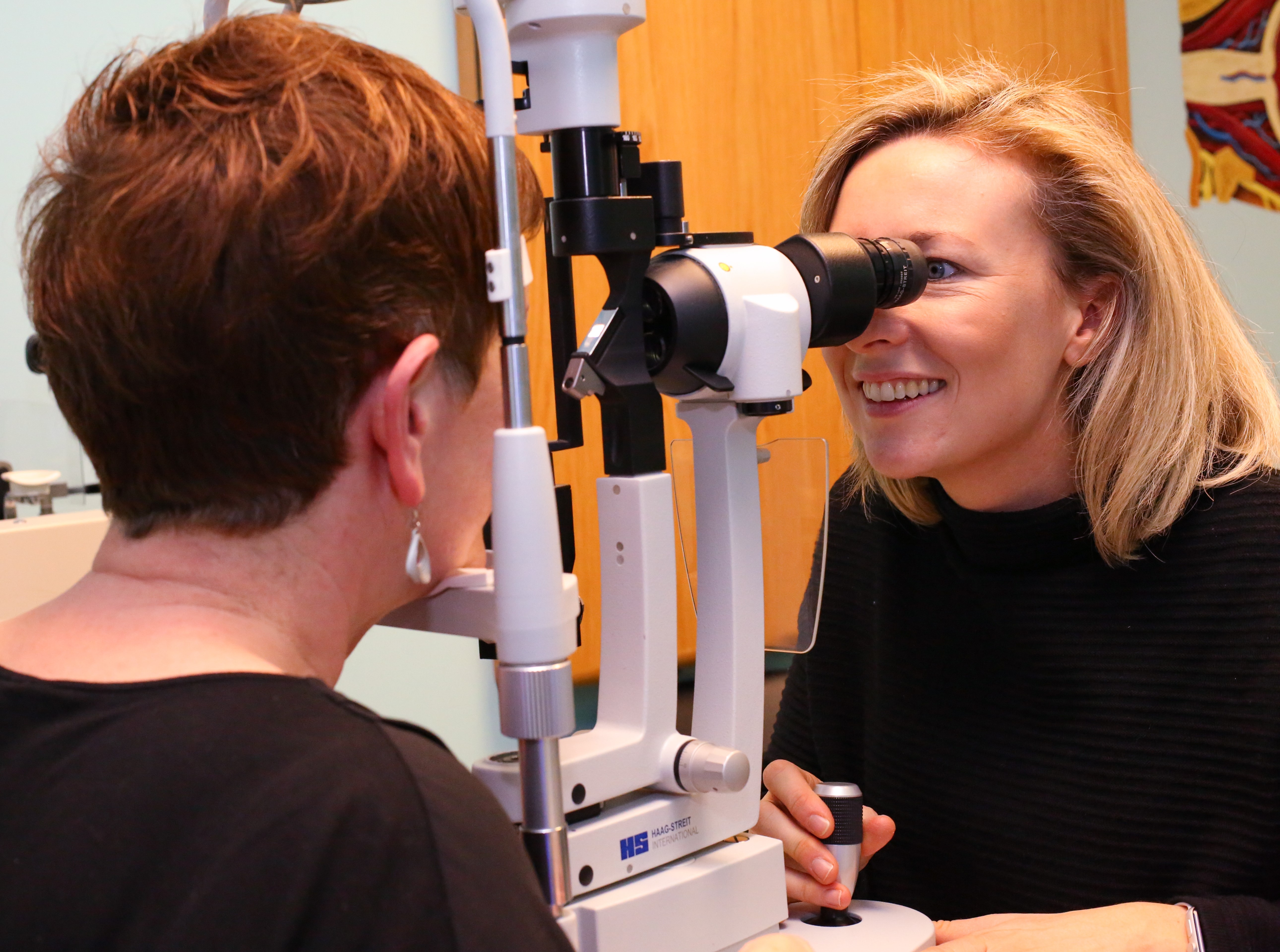What is an Orthoptist?
An orthoptist is a healthcare professional who specializes in the diagnosis and treatment of disorders related to eye movements and binocular vision. Their main responsibilities include:
Assessment and diagnosis: Orthoptists perform various tests and evaluations to assess eye movements, coordination, and depth perception. They may use techniques such as visual acuity testing, eye muscle balance assessment, and stereopsis (3D vision) testing to diagnose conditions like strabismus (misalignment of the eyes), amblyopia ("lazy eye"), and other visual disorders.
Treatment planning:ÌýBased on their findings, orthoptists develop individualized treatment plans for their patients. These plans may include exercises, eye patches, or the use of corrective lenses to improve eye muscle coordination and visual function.
Non-surgical management: Orthoptists play a crucial role in the non-surgical management of various eye conditions. They may provide visual exercises to improve eye muscle control and coordination, recommend specialized glasses or contact lenses, and suggest lifestyle modifications to optimize visual function.
Pre-operative assessments: For patients who require eye surgery, orthoptists perform pre-operative assessments to evaluate and diagnose the condition and determine the appropriate surgical approach, alongside an Ophthalmologist. They may also educate patients about the procedure and address any concerns or questions they may have.
Post-operative care: After eye surgery, orthoptists monitor the progress of patients and provide post-operative care. They may assess the healing process, ensure proper alignment of the eyes, and help patients regain optimal visual function.
Collaborative care: Orthoptists work closely with ophthalmologists and optometrists to provide comprehensive eye care. They collaborate with these professionals to develop treatment plans, share diagnostic findings, and ensure coordinated care for patients.
Orthoptists are specialized healthcare professionals who focus on the evaluation, diagnosis, and non-surgical management of various eye movement and binocular vision disorders. They play a crucial role in improving visual function and quality of life for their patients.
For more informtaion, please visit the Canadian Orthoptic Council Ìýor The Canadian Orthoptic Society
Ìý
What is a Certified Ophthalmic Medical Technologist?Ìý
Certified Ophthalmic Medical Technologist (COMT) is a certification for eye care professionals in the field of ophthalmology who have advanced knowledge, skills and expertise in performing diagnostic procedures, assisting in surgeries and managing eye care.
Ìý
The certification requires specific education and experience requirements, as well as passing an exam administered by the (JCAHPO).
COMT professionals are responsible for providing high-quality eye care services to patients and working with ophthalmologists and other eye care professionals in a team setting.


